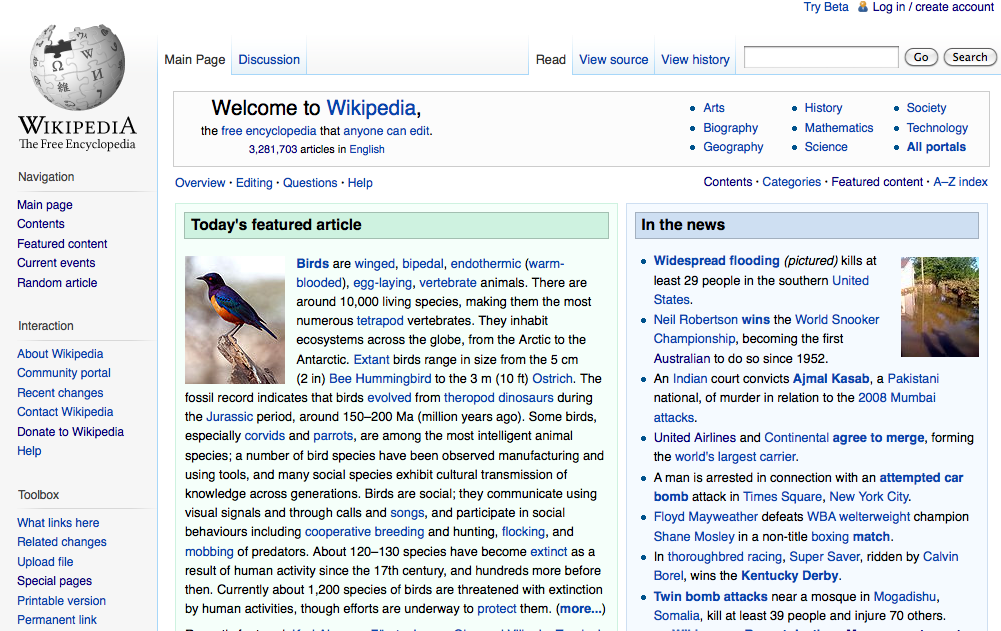 A new study from Alterian (via eMarketer) reveals some statistics that are actually not all that surprising if you’ve been following my posts here on Corporate Eye for the last year or so.
A new study from Alterian (via eMarketer) reveals some statistics that are actually not all that surprising if you’ve been following my posts here on Corporate Eye for the last year or so.
According to the survey, only 1% of respondents (made up of Internet users from the United States and the United Kingdom) never compare products and services before making a purchase. The results of the survey were as follows:
- 51% always compare products and services before making a purchase
- 44% sometimes compare products and services before making a purchase
- 4% rarely compare products and services before making a purchase
- 1% never compare products and services before making a purchase.
And of those people surveyed, 71% said they look for as many sources to find information as possible to ensure the information they find is accurate.
However, the above findings are not the most interesting from the Alterian study. The far more interesting information comes from responses to who respondents are most likely to trust for advice when researching a product or service. In answer to that question, only 13% said they trusted what a company says about itself or advertising or promotional features. The results of the survey were as follows:
- 40% trust friends and family
- 28% trust professional reviews on Web sites, newspapers or magazines
- 19% trust reviews from people “like you” on Web sites
- 8% trust what the company says about itself
- 5% trust advertising or promotional features
This is not the first time these type of research revealed similar findings. Back in 2007, I remember writing a piece about research conducted at that time that showed consumers trusted advertisers and companies less than they trusted friends, family members, and even complete strangers who wrote about products and services online.
In other words, the findings from this survey are not new, but they certainly do add to the growing pile of evidence that supports shifting marketing budgetary investments away from traditional advertising and toward new media conversations.
What do you think? Has your company made the budget shift to actually gain favor with consumers where their eyes, ears and trust are?
Image: stock.xchng
 According to
According to  Chief Marketing Officers surveyed by
Chief Marketing Officers surveyed by 

 One of the most important aspects of any social media marketing strategy is research, which comes not just in the form of segmenting audiences and analyzing statistics but also in the form of listening to the conversations going on across the social Web. For a company’s social media marketing plan to be successful, listening and joining discussions are the two most basic imperatives.
One of the most important aspects of any social media marketing strategy is research, which comes not just in the form of segmenting audiences and analyzing statistics but also in the form of listening to the conversations going on across the social Web. For a company’s social media marketing plan to be successful, listening and joining discussions are the two most basic imperatives. In the first study of its kind,
In the first study of its kind,